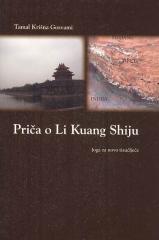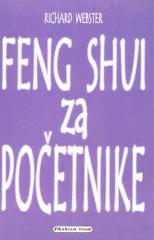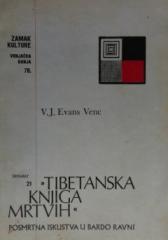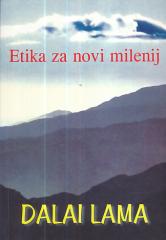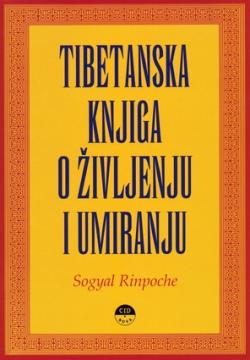
Tibetanska knjiga o življenju i umiranju
A spiritual classic that combines the ancient wisdom of Tibetan Buddhism with insights into death, dying, and the nature of consciousness. The book is not a translation of the Tibetan Book of the Dead, but a comprehensive introduction to Tibetan spiritual
Rinpoche, a Buddhist meditation teacher, explores life and death as interconnected processes, offering practical guidance for coping with change, the fear of death, and spiritual development.
The book explains the concept of bardo—transitional states of consciousness between life, dying, the afterlife, and rebirth. It focuses specifically on the practice of phowe (consciousness transference) and meditation for preparing for death and supporting the dying. Rinpoche emphasizes the importance of compassion, which he sees as key to overcoming suffering and achieving spiritual freedom. Topics such as karma, the nature of mind, and compassionate love are explained through quotes from renowned teachers such as Jamyang Khyentse, and poetic references to figures such as Shakespeare.
The book is structured as a manual for life and death, offering meditative practices accessible to all, regardless of faith. It has inspired global programs for spiritual support for the dying, promoting a "quiet revolution" in understanding death and caring for the living. Although praised, the book has also been criticized for its occasional New Age tone and controversy over the author's personal accusations.
One copy is available
